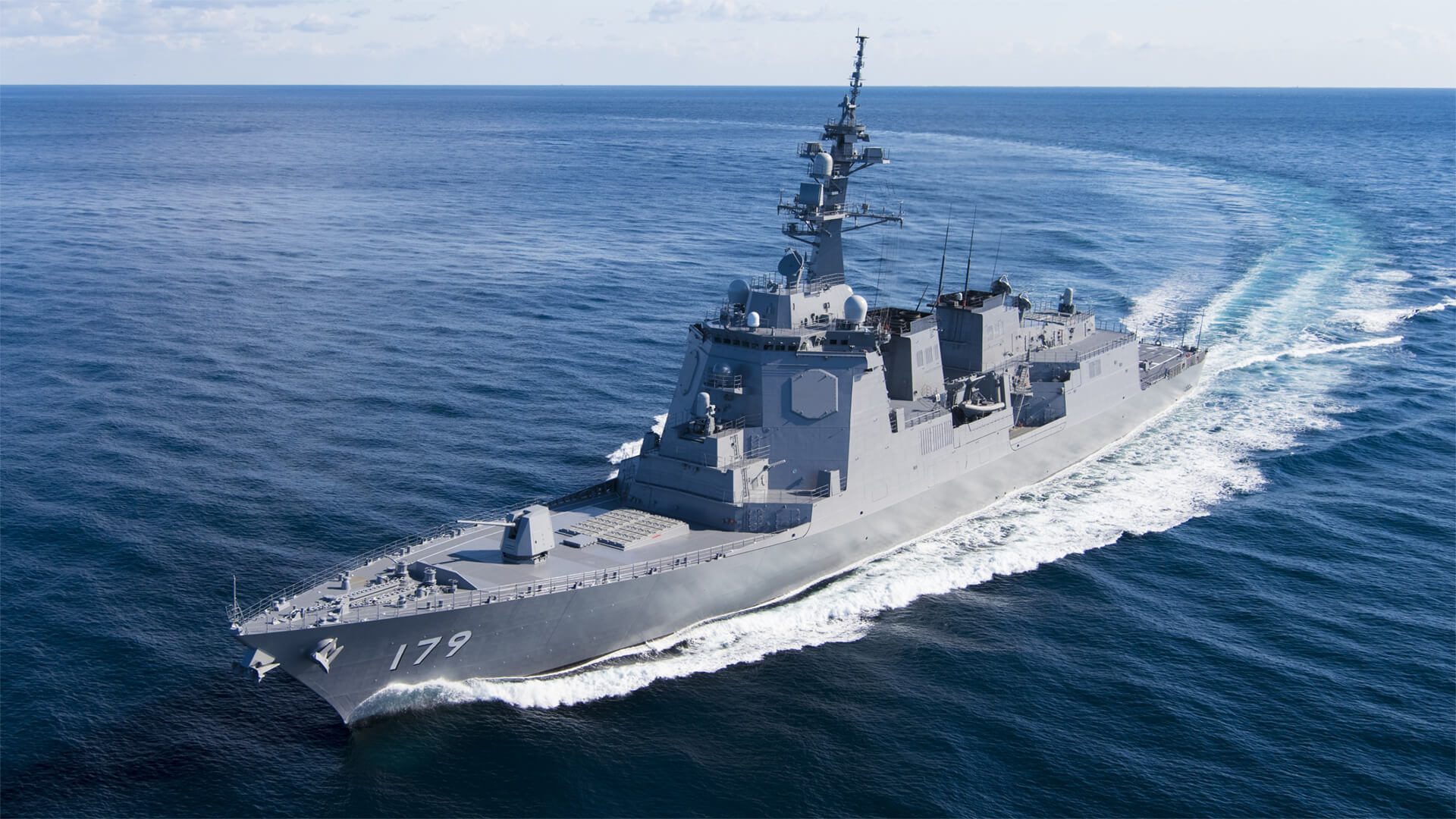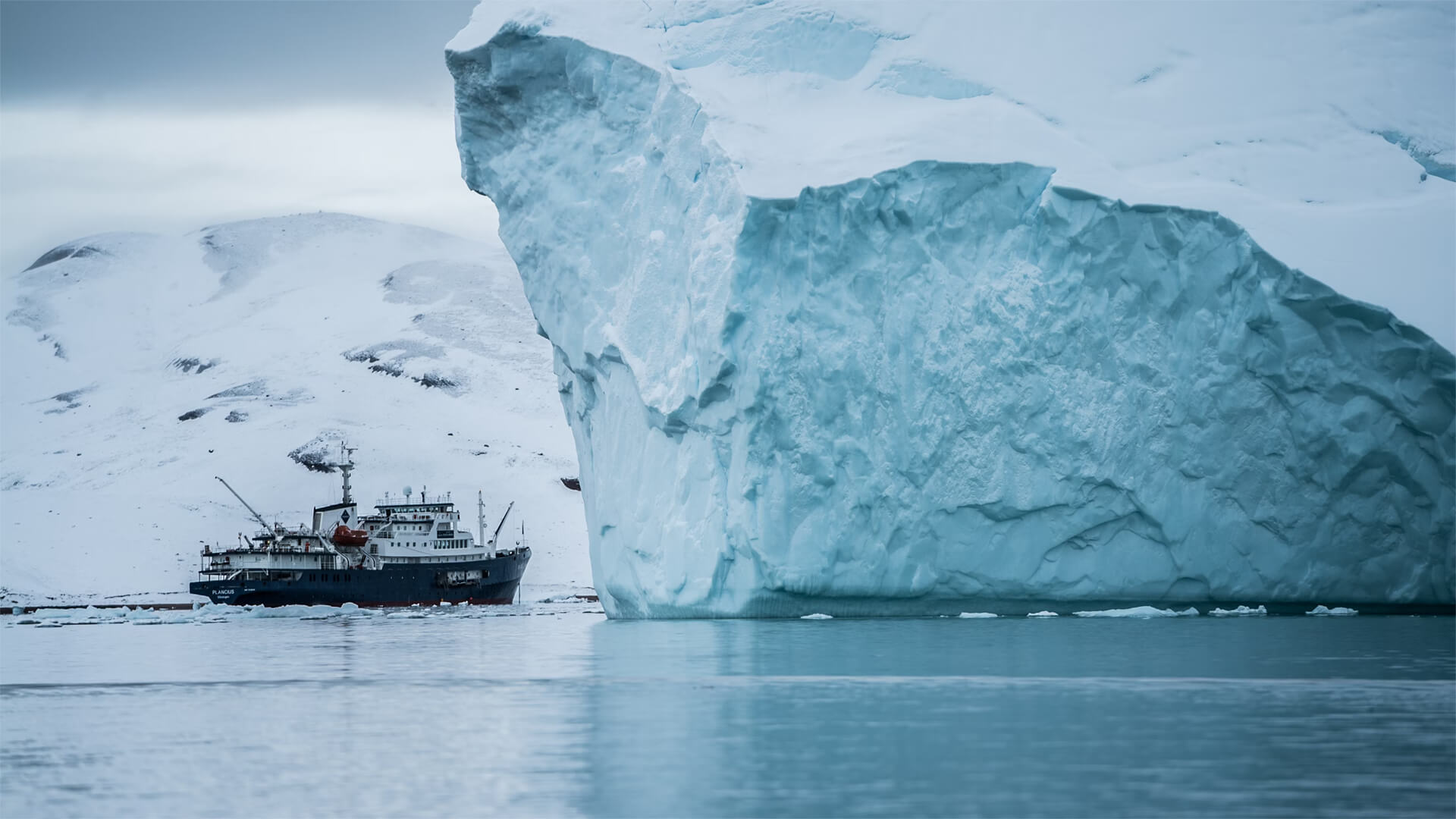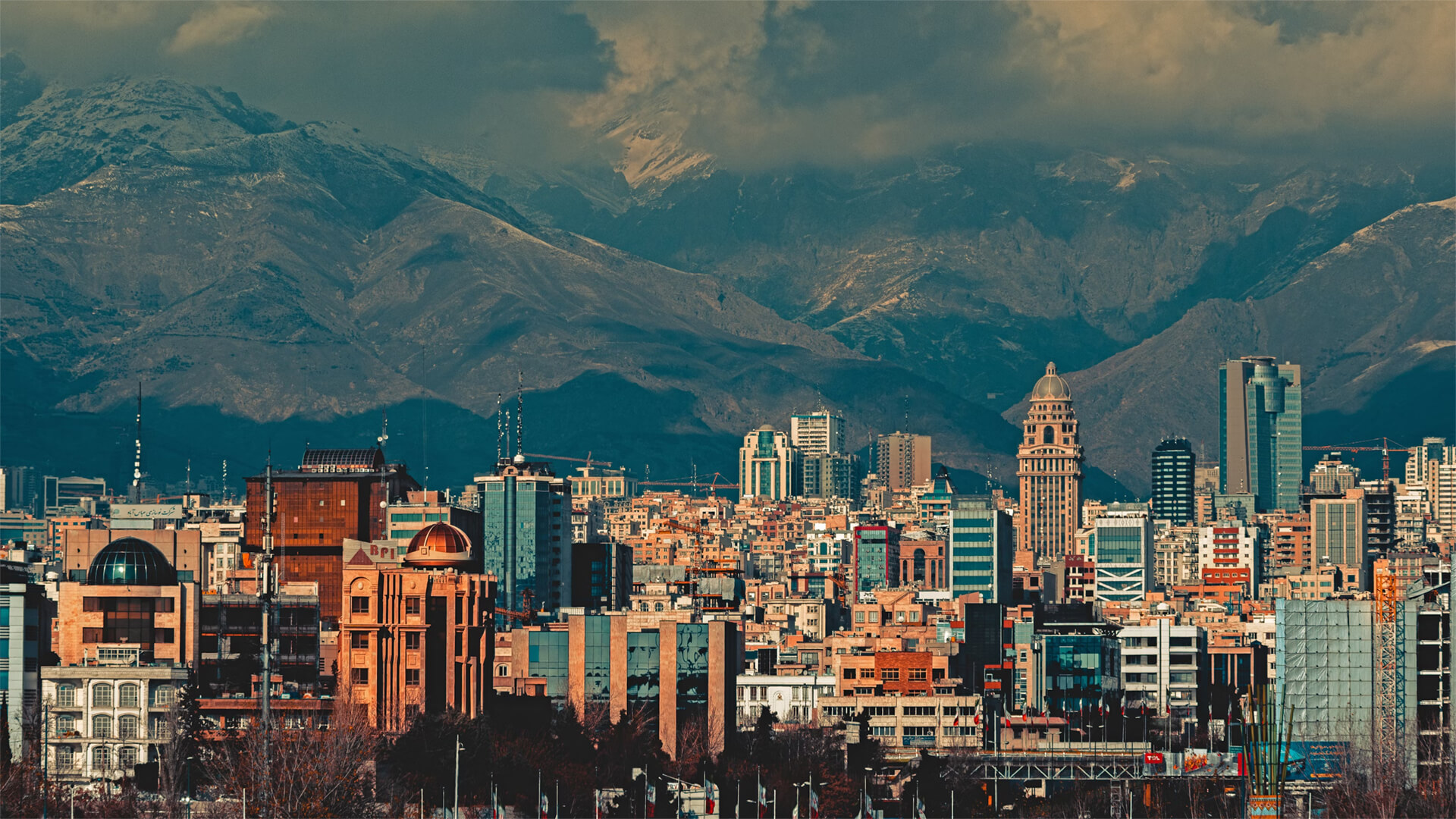Hey everybody. Peter Zeihan here coming to you from Colorado. Today we are going to take another entry from the Ask Peter Forum. this specifically regards the election, specifically about Robert Kennedy Jr and whether his entrance into the race is going to cost Biden a potential victory. let’s start by giving you the quick and dirty of where I see this election going.
number one, Donald Trump has broke the unity of the Republican Party. There are fewer Republicans and Democrats at any given time. And so if the Republicans don’t have unity, it’s almost impossible for them to win the general election. And so if you have a situation where maybe upwards of a third of registered Republicans are just like, not interested in this guy, it’s almost impossible to envision a scenario where Trump can walk away with a victory.
The second problem was with the independents, and I’m talking about the real independents. So in the American legal system, about 25 to 30% ish of the population are hardcore Democrats or hardcore Republicans. And then another 15 to 20% on each side say that they’re independent. But they really vote either Republican or Democrat over 90% of the time. So they’re really not independent.
That just leaves the 10% in the middle. And one of the reasons, one of the many reasons why no American political pool poll ever taken before the political conventions has ever been right is because when you call a real independent before the conventions, they just hang up on you. so ignore all the polls that are out there right now.
Anyway, in the midterm elections, which everyone seems to have forgotten two years ago. Trump backed candidates were gutted by real independents, and very few of them won at all. Donald Trump has basically told the independents that the only vote that matters is the primaries, not the general. And since the general is the only place where the independents have a voice, they broadly turned against Trump, or at least they had as of two years ago.
We’ll see what happens this time around. Well, here’s the problem. There are fewer Republicans and Democrats. So not only would Trump have to carry the Republicans challenge, he also has to carry the independents, who he’s deeply offended in many levels. so unless something changes significantly, there isn’t a road to victory here for Trump. The question, of course, is whether or not RFK will shake that up a little bit.
And I think it will, but probably not in the way that people are thinking. first of all, people like the idea of the name Kennedy. If you’re on the left, if you’re a Democrat because of, you know, John Kennedy and all that good stuff. the problem here is his own failed his disowned him on this topic.
It was, just in early April that a dozen prominent Kennedy members, including former legislators, including half dozen of RFK Jr’s own siblings, showed up to campaign for Biden and campaign against their own family member. he’s definitely the black sheep of the family. He is. How do they put it? Loved but not liked. and so it’s really hard for me to see any classical Democrat, going with him just because the name, especially when the name is campaigning against him.
the second issue, of course, comes back to independents because they are where a lot of this electoral cycle will be decided. And if you are a true independent, one of those 10%, somebody like me and you are looking at who is on the ballot, Trump and Biden again, you’re like, oh, somebody give me another choice. And I can see that argument for twisting a few things in places where the margin is small.
the problem is, is that this guy’s not much better. people like to say that, you know, we’ve got 280 year olds running, and whoever wins on their first day in this coming term, they’ll be the oldest president to set foot in the white House. And that is true. they’re octogenarians, but RFK Jr is a set the generic.
And so it’s not like he’s like the young chicken coming in from the side. I mean, this is no John Kennedy. which brings us to the third possibility that it could affect things on the Republican side. And I think that is far more realistic. the defining characteristic about RFK Jr is not that he’s a womanizer and a drug addict, or Kennedy.
It’s it is a conspiracy theorist. And if there is a conspiracy theory out there that involves vaccines or diseases or the Chinese or the Jews or slinkys or jello or the moon, he’s in, in fact, the Russian bot farmer has made a habit whenever they make up something fresh, they tag him because they know he’s going to shout it from the rooftops.
The problem here for Trump is that Trump thought he had cornered the batshit crazy vote, and now it’s going to be split. So there are some places that we had kind of penciled in that were locked in red for this upcoming election that might actually be in play, because the core group that Donald Trump has courted to ride himself to power are the populace.
And that’s the part of the country that tends to go for these conspiracy theories the most. So we might see some of the strongest supporters in some of the strongest counties and precincts, actually flipping towards RFK a little bit, and that would be more than enough to add to the other factors to make sure that Donald Trump doesn’t get back into the white House.
Whether, of course, that makes you jump for joy or cry in your milk depends upon where you stand.











